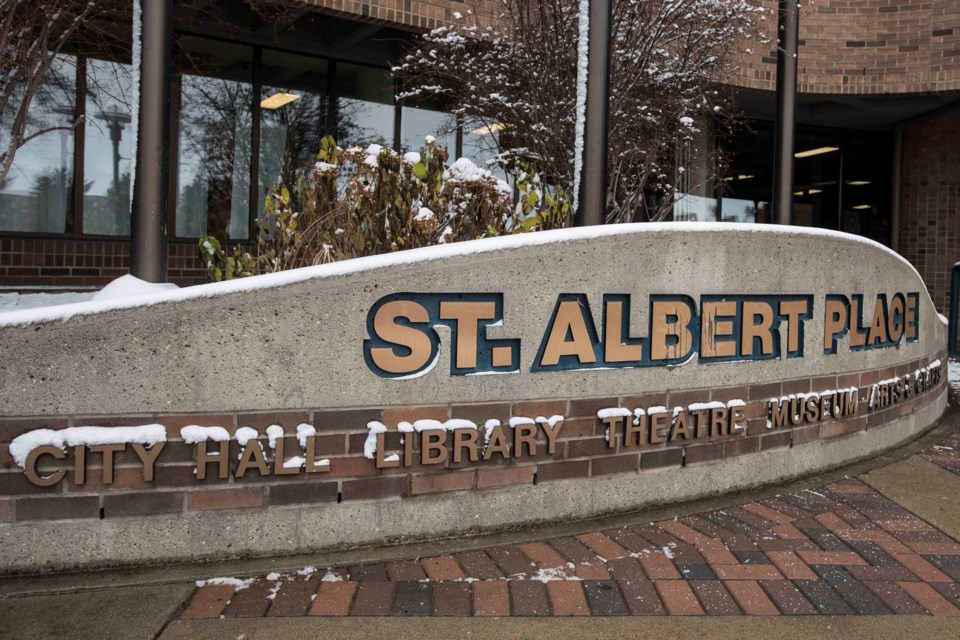Council unanimously approved an increase of $754,000 to the transit replacement budget for five new 60-foot diesel buses. The increase is coming from the city's public transit reserve fund.
Administration told council the cost of acquiring five new diesel buses was more expensive than originally thought and required a top-up to the $4-million transit replacement budget to fully fund.
Mayor Cathy Heron asked why the city wasn't pursuing the purchase of five electric buses instead of diesel. In 2017, the city was the first in Canada to have electric buses serving full-time transit routes, and currently has seven electric buses in its fleet. The city also received an Emerald Award in June in recognition of its electric bus fleet.
Tom Kumka, transit fleet manager, said electric buses are twice the cost of a diesel bus – a 60-foot electric bus would cost almost $2 million.
"That's a big reality," Kumka said. "We had anticipated purchasing three clean diesel buses on this purchase, and two electric 60-foot buses, but we lost the funding and we elected to go with the diesel for now."
Last year, the City of St. Albert was told it was approved for $4.75 million in grants from the Alberta Community Trust Fund (ACT) to buy four more electric buses and a natural gas generator. Receiving this ACT funding was also prerequisite to apply for and receive an additional $3.7 million from the Federal Investing in Canada Infrastructure Program (ICIP Green).
However, those funds fell through. On Oct. 29, Alberta Transportation told the City of St. Albert that although they were told the city was approved for ACT funding, "these funds no longer existed for transit agencies across the province – which unfortunately resulted in the additional loss of the federal ICIP dollars," wrote Kumka in an email to the Gazette.
Coun. Wes Brodhead asked how electric charging infrastructure for the buses played into this decision.
"It's still peak demand rated, so at any given day if we're not careful we could go into higher costs on a monthly, daily basis," Kumka said. The city budgets kilowatts like budgeting for diesel fuel, he said.
"At times, we're down to 12 cents a kilowatt, other times we're up to about 48 cents per kilowatt. We're trying to average that out, but it definitely plays a role on the new purchase of electric buses. Depending on the manufacturer, we could be spending up to $140,000 alone on the charging infrastructure," he said.
Kumka said the city still wants to pursue the electric option in future years, and has plans to do so in the next budget.




